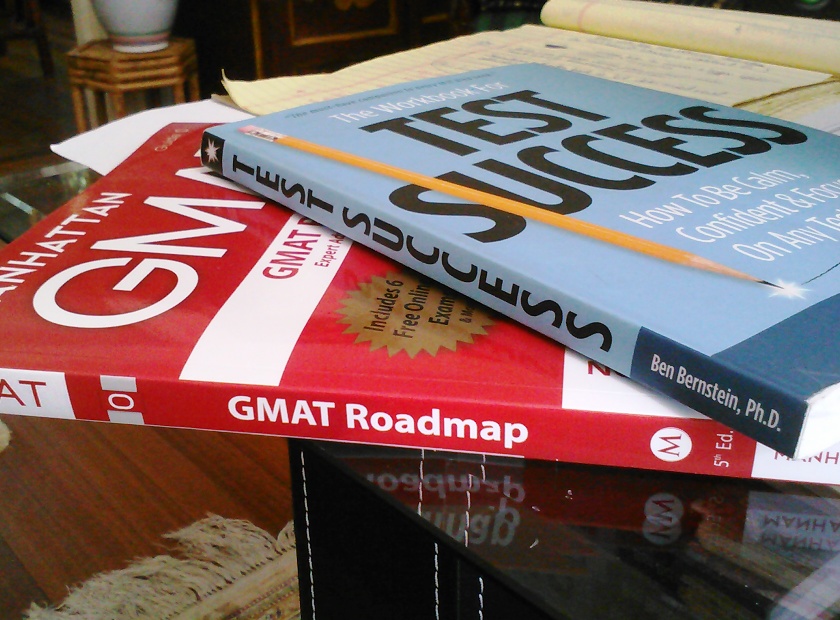Authenticity and Admissions Consultants in the MBA World
As a board member of AIGAC, the Association of International Graduate Admissions Consultants, I feel especially motivated to uphold and spread the word of our mission, which is to promote high ethical standards and professional development amongst graduate admissions consultants, increase public understanding of graduate admissions consulting, and enhance channels of communication with complementary organizations and entities.
Ethics and open communication is a big deal. Not just in business school applications, but in business and life. The Director of Admissions at the University of Michigan’s Ross School of Business recently addressed the issue of the admissions consulting business in her recent blog. It’s an articulate and cogent argument for “buyer beware” when looking to use a consultant. I’ve posted it below in its entirety, because I think more people should read what she has to say.
As a member of the admissions consulting profession, I do not believe everyone would benefit from working with one of us. And we are not all equal. I think it’s a decision one should make, like choosing whether to go to business school at all, with care.
Authenticity and Admissions Consultants
Business schools are well aware that many applicants pay hired guns to assist them with the application process. Candidates may think that admissions directors categorically view admissions consultants as a negative element in the admissions process. Not true. If consultants have relationships with schools, they can help disseminate information about each school’s programs and their application processes. For that reason, I, along with admissions directors at other top schools, participated in a conference organized by the Association of International Graduate Admissions Consultants (AIGAC), as mentioned in Poets and Quants last year. The conference provided admissions directors and admissions consultants an opportunity to exchange insights about the MBA market and our schools.
My occasional concern is that applicants will feel like they need to pay admissions consultants to get the “inside scoop” on what Admissions Committees are looking for. The best source of that information is the schools themselves – through our blogs, newsletters, info sessions and application workshops. As Ross applicants from previous years know, I try to make our process transparent to minimize the mystery and stress. Often, the advice may sound broad and general, but that’s because there is truly no “formula” for admission. There is a wide range of candidate profiles, stories and stats that have been successful in the admissions process, so to prescribe a certain approach or a certain profile to portray would be misguided. And if anyone tries to convince you that they know what it takes to be admitted to a school, they must have a crystal ball that admissions directors don’t have. Even I can’t perfectly predict where I will land on an applicant.
Some admissions consultants can be helpful in guiding candidates through their application journey. I met with a few while I was in Brazil a couple weeks ago – to learn about how they assist their clients, to hear their perspectives on the MBA applicant market in Brazil, and to exchange insights on candidates that would be a good fit at Ross. I was pleased to learn that they approach the relationship with applicants as that of a coach. They clearly knew each of their candidates well and were very selective about whom they were willing to advise. They remembered not only their names, but also their life stories, priorities and circumstances.
If you choose to go the consultant route, here are some things to be mindful of:
1. Consultants who claim to have “inside” knowledge of the MBA process or to have reengineered a school’s admissions process are almost certainly overstating the case. Putting aside the question of the accuracy of such claims, schools regularly re-evaluate and revise their admissions and evaluation processes. So someone who worked at a school in the past is unlikely to have current insight into a school’s processes.
2. Run away from consultants who offer to write or heavily edit your essays for you. If there’s any hint of an application not being your own work, your chances of admission are doomed.
3. Similarly, steer clear of consultants who provide you with a template for essays that have been successful in the past. If they’re offering it to you, they’re offering it to other applicants. An off-the-shelf approach to essays is a sure way to distinguish yourself – in a negative way.
4. Beware of admissions consultants who inflate or falsify their credentials (e.g., their title, length of employment, responsibilities or all of the above). If they’re willing to bend the truth about themselves, they may lead you down a similar, less-than-truthful path. Like many schools, we verify admitted students’ credentials to ensure that our students have done what they say they’ve done. If a consultant’s credentials are part of the appeal of a particular consultant, you would be well-served to do some due diligence before hiring him/her.
All that said, the majority of applicants don’t use consultants. And you don’t need to use a consultant to be successful in the admissions process. I give more credit to an applicant who submits a self-produced account of their experiences, goals and perspectives than an applicant who submits a perfectly packaged version that reflects someone else’s thoughts, capabilities and work. Can we always tell the difference? No. But if a person’s true capabilities don’t undo them during the admissions process, it will certainly catch up with them during business school or beyond.





